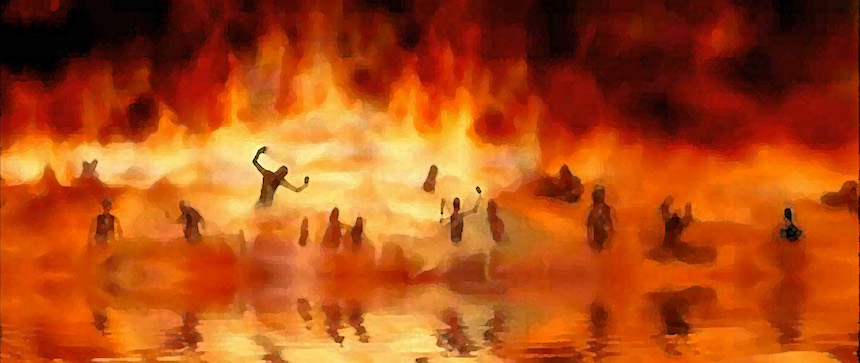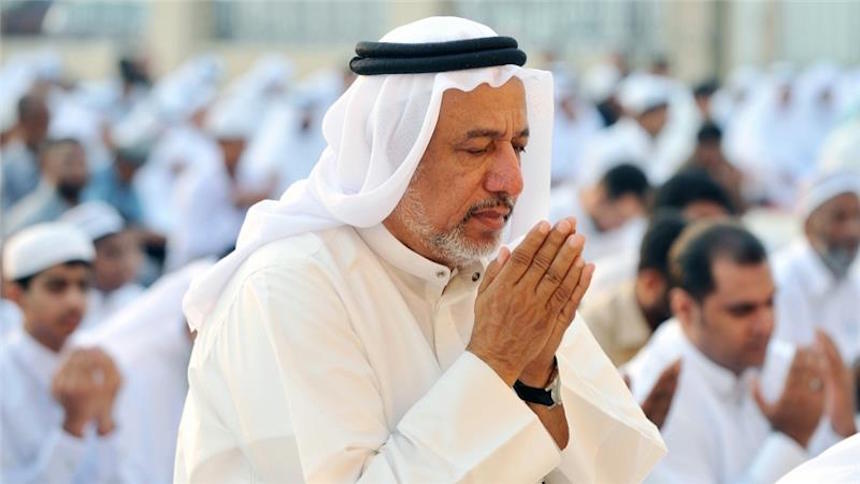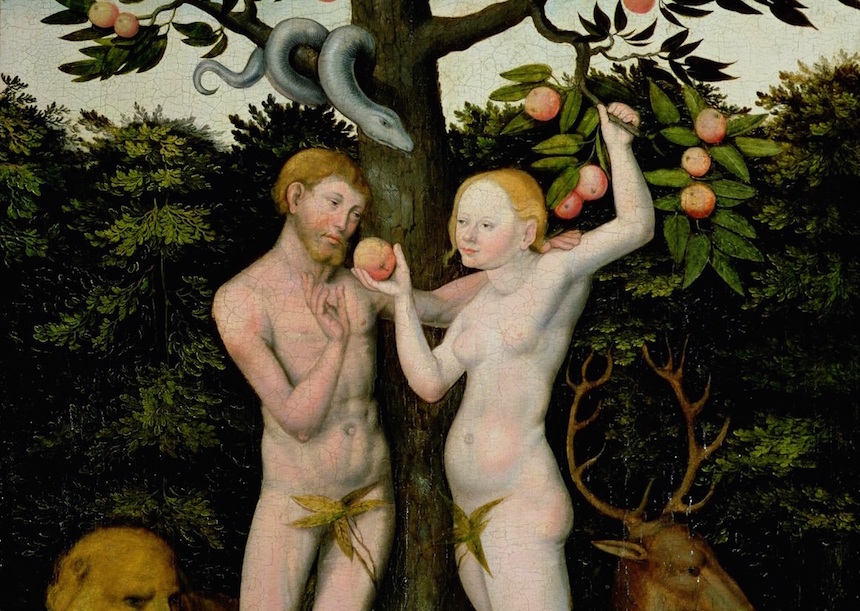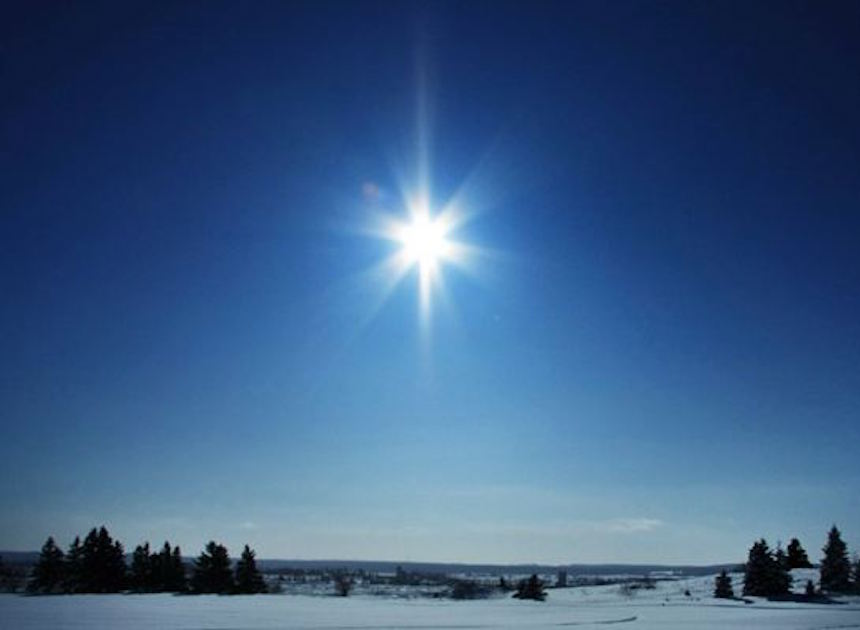
Today I’m going to be looking at a longer chapters of the Qur’an: Surah 36.
Surah 36 – “Ya Sin” (Ya-Sin)
This chapter covers the usual material. Muhammad’s commission by God is, of course, reaffirmed. He is told that some people to whom he speaks will not listen to him, but his job is to warn them anyway.
This chapter describes a pair of missionaries arriving at a city. It is not clear if this is an historic story or not. Either way, the message of the missionaries is rejected, but then a man comes from the city and pleads with his fellow inhabitants to listen to these men. He draws particular attention to the fact that they do not ask for money. For his own part, the man testifies that Allah made him, he will return to Him and thus Allah is worthy of worship and the intercession of the city’s false gods is worthless. The text abruptly switches to speaking about Paradise so my footnotes suggest that this means that the man was killed for his faith. While I can understand this explanation, the Qur’an seems to me to jump randomly from topic-to-topic without warning on a regular basis.
Allah then identifies various “signs” to be submitted for consideration:
- The bringing forth of life from dead earth
- The production of fruit from trees
- The departure of the sun at nighttime and the cycles of the moon
- The salvation of Noah’s family through the Ark
I’m not 100% sure, but it seems that these signs are all meant to point to new life and Allah’s saving help.
Read more













